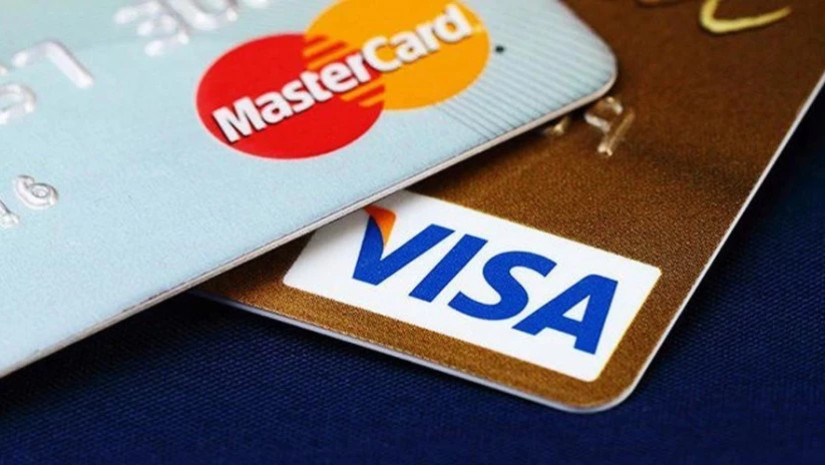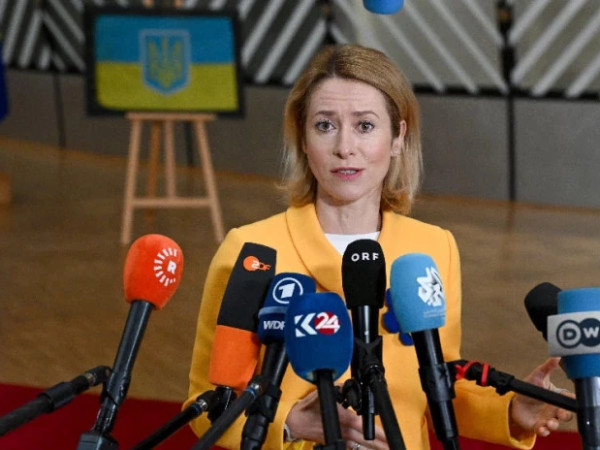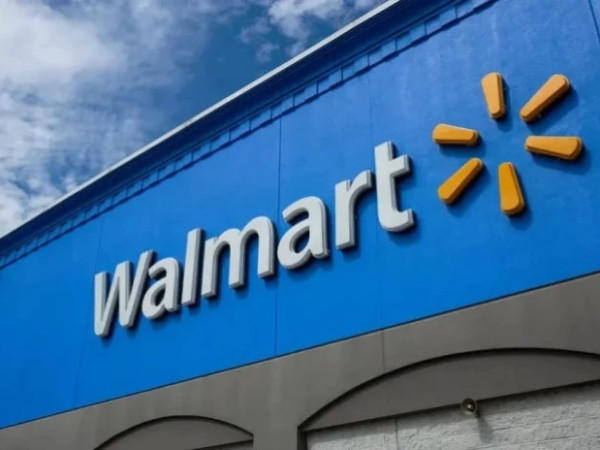Social media users allege that ECB President Christine Lagarde has announced plans to get rid of the likes of Visa, Mastercard and PayPal.
Viral social media posts are claiming that the European Union wants to get rid of American payment cards such as Visa and Mastercard, as well as foreign online payment platforms like PayPal and Alipay.
Some posts on X say that European Central Bank President Christine Lagarde announced that she's planning to replace the payment systems with European alternatives.
One post in Dutch even says that Lagarde wants to replace these payment methods with the central bank's incoming digital euro.
However, Lagarde's words have been taken out of context.
At around the 6:20 mark, Lagarde stresses the importance of Europe being able to take control of its own digital payments.
"When you think of it at the moment, a lot of our digital payments — e-commerce, peer-to-peer, or you use your card or your phone — you always rely on non-European infrastructure," Lagarde said in the interview.
"Whether you use a card or whether you use a phone, typically it goes through Visa, Mastercard, PayPal, Alipay...Where are all those coming from? Well, either the US or China," she continued. "And the whole infrastructure mechanism that allows for the payment — credit and debit — is not a European solution."
Therefore, with her words in context, Lagarde made it clear that she wants there to be a European alternative existing alongside these US and Chinese payment methods — she didn't mention getting rid of them.
European equivalents of these payment platforms have already been floated: Wero for example is a digital wallet that allows customers to transfer money with just a phone number, gradually offering them the option to send money to other users in Europe.
It came about as a result of the European Payments Initiative, a network of European banks set up in 2021 to provide a single digital payment service for all businesses and citizens.
Wero is currently available in Belgium, France and Germany, with other countries expected to follow suit.
EuroVerify also reached out to the European Central Bank (ECB) which refuted the online claims.


















